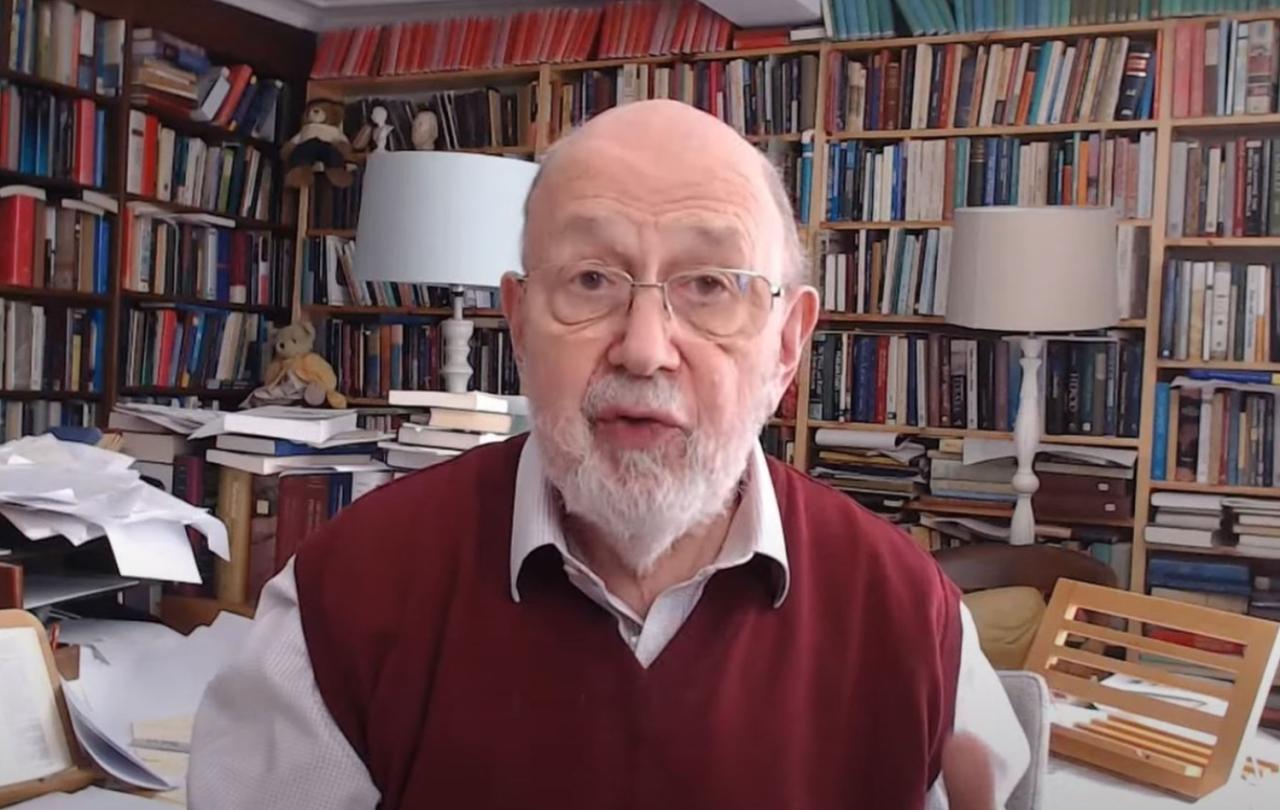Everyone agrees the world in its current state is, to put it mildly, less than ideal. Most put it down to a lack of education, or to the stubborn foolishness of a few isolated individuals.
If you believe that people behave badly because they are ill-informed, then you might think the solution is to teach people what is right. You will put great faith in education: give people the information they need and they will change their ways.
Alternatively, if you believe ‘other’ people are the problem, you can focus your attention on opposing them, imprisoning them, or stripping them of power somehow. But Christians believe that the root of the problem is far deeper, such that these efforts only scratch the surface and will never be effective in the long run.
Christians believe that the whole of humanity has been damaged, cut off from its relationship to what matters by a primordial catastrophe that we call ‘the Fall’. Human beings are not simply ignorant, and the problem does not lie in lack of information, or education. The problem lies in our will, the part of us that chooses what is wrong even when we know full-well that it is wrong. And the problem is not just some people ‘over there’, conveniently set apart from me. Every single human being has been impacted. Including you. And me. Every one of us is part of the problem, which is why no one of us, however smart or well-informed we are, can be the solution. If you fall into a pit you can’t climb out of, then lack of information is not your problem. Nor does it matter how many other people are in the pit with you: nobody down there can pull you or themselves out. You need someone outside the pit who can reach down and grab hold of you.
That is why Christianity is more than a moral programme for self-improvement, or a set of spiritual practices comparable to those of other religions. According to Christians, the human race does not need another set of rules about how to live, or a formula to cultivate mindfulness and inner peace. We need a saviour: someone who does not share our fallen condition, but who can reach down and lift us to safety.
How far down did Jesus have to go? All the way to the bottom, which means death. Even the worst kind of death.
How did Jesus’ death save us? Christians have various theories about that. You may have heard the most common which uses law court imagery: we were guilty and sentenced capital punishment, but Jesus was punished instead so we don’t have to. Some people love this theory and live by it; others find it morally problematic and offensive. But the point is not the theory: the point is the reality to which it points. One way or another, by dying Jesus reconnected us to God and restored the broken relationship.
But it’s stranger still than that, because Jesus’ death is not the end. It was only the preliminary to something far more wonderful and transformative, a sign of a promise beyond our wildest hopes. By dying, Jesus defeated death itself and came back to life. If Christmas makes no sense without the cross, then the cross makes no sense without the resurrection. But more on that in my next article.


